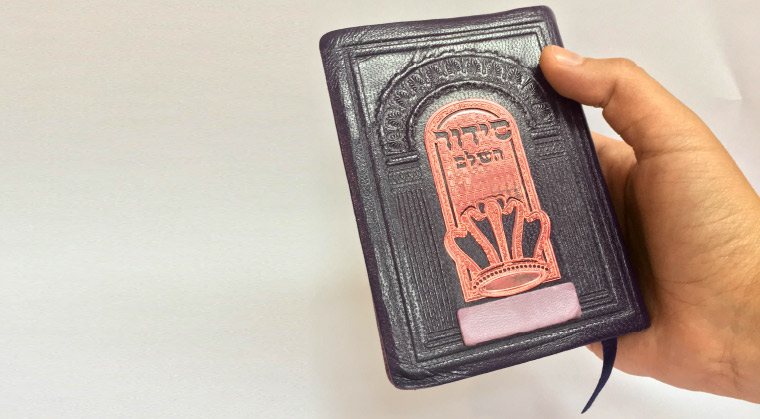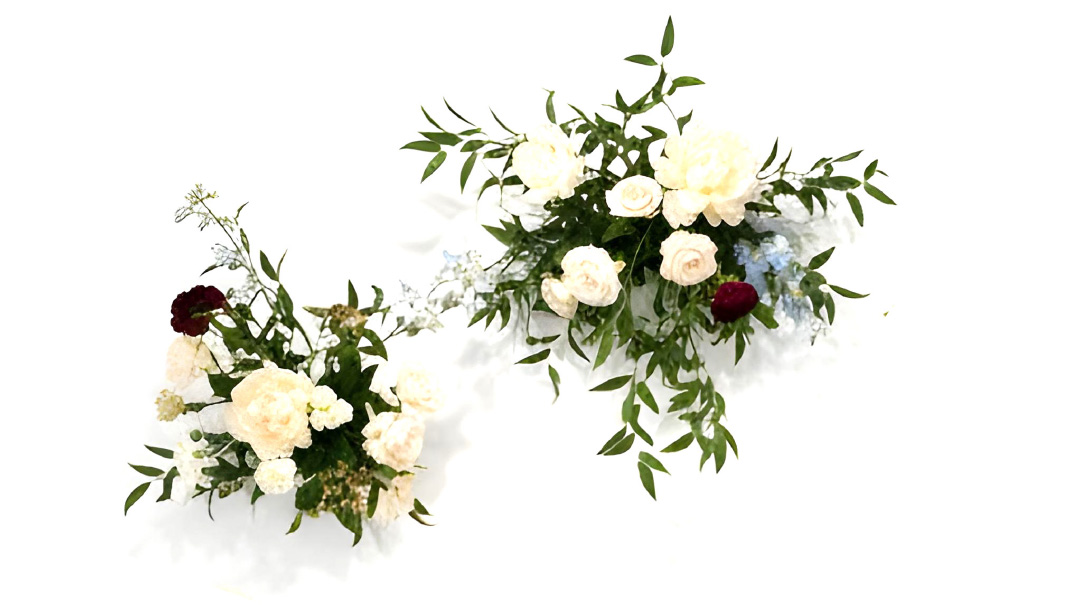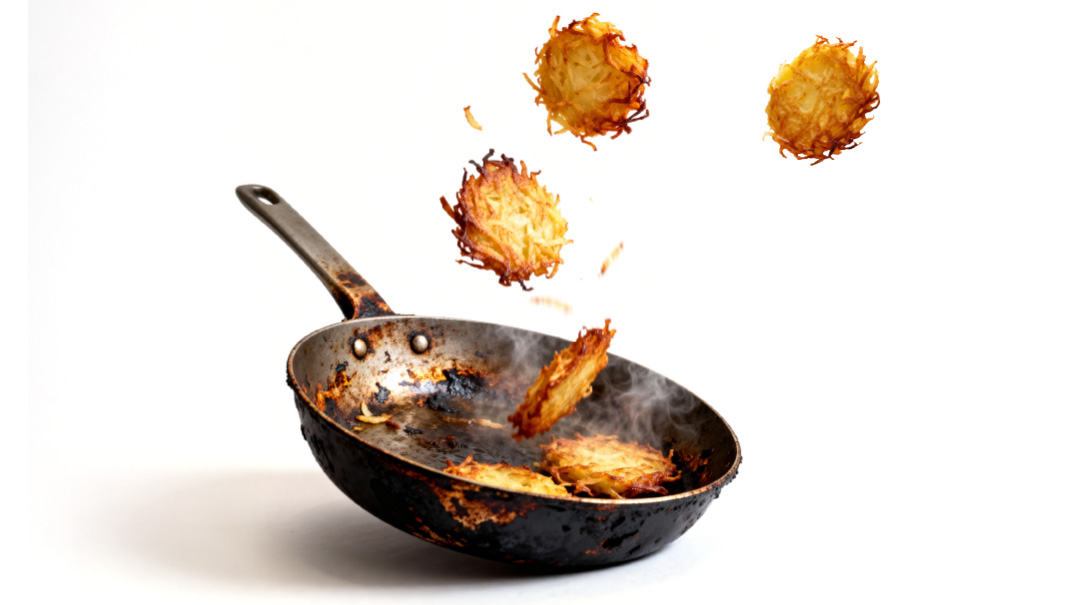Watching over Mum


It’s Rosh Chodesh Elul. As I remind myself to add “LeDavid Hashem ori ve’yishi” to my Shacharis, my thoughts turn to my mother a”h.
When we returned to her apartment in London after her petirah, lying on the table in her living room was her siddur, its bookmark nestled next to this psalm we add during Elul and continue to say through Hoshana Rabbah.
Two weeks before Rosh Hashanah, my mother had fallen and broken her leg. She was in good health, and she had thought, as we all had, that after the surgery to mend her leg she’d be able to return to her home, which meant so much to her. She never wanted to leave her own four walls, where she had lived independently for so long.
Presumably whoever had come back to her apartment to bring some of her belongings to the hospital hadn’t noticed this siddur, which lay on the table next to the chair she sat on each morning as she davened. Seeing it brought back so many memories of sitting with her as we davened together.
We understood her desire to remain in her home and knew it had nothing to do with her not loving or missing us. She lived for our frequent telephone calls, letters, photos, and news about all her grandchildren. And we visited as often as possible, although living as we did on three different continents, with young children and jobs, our visits were never long enough or frequent enough. Not that Mum ever said that, she never said anything to make us feel bad about living so far from her — it was just how we felt.
But although Mum’s leg had been pronounced healed, she’d never regained her ability to even stand unassisted. There was no way that a wheelchair could be maneuvered around her small apartment, with its steps at the entrance, narrow short corridor, and sharp corners dividing the rooms.
Mum was impatient to leave the rehabilitation hospital where she’d been staying and get back home. When she’d transferred there, the goal had been to help her learn to walk again, at least with the aid of a stick or walker, so she could return to her home — even though we dreaded her returning to her life alone in the apartment.
Mum had always refused a live-in carer or even daily help. We worried day and night about her wellbeing and safety in a ground-floor apartment with windows opening onto a garden just a few feet from the road.
But Mum had never worried. “Hashem ori ve’yishi — Hashem is my light and my salvation” so much embodied my mother’s relationship with HaKadosh Baruch Hu. She always reassured us that He was looking after her. She didn’t need a live-in carer, she had Someone far better caring for her.
I’ll always remember the terrible scare we got one morning when my mother called my home in Jerusalem and started the conversation with, “Don’t worry, I’m fine.” That meant I definitely did have something to worry about.
(Excerpted from Family First, Issue 604)
Oops! We could not locate your form.







